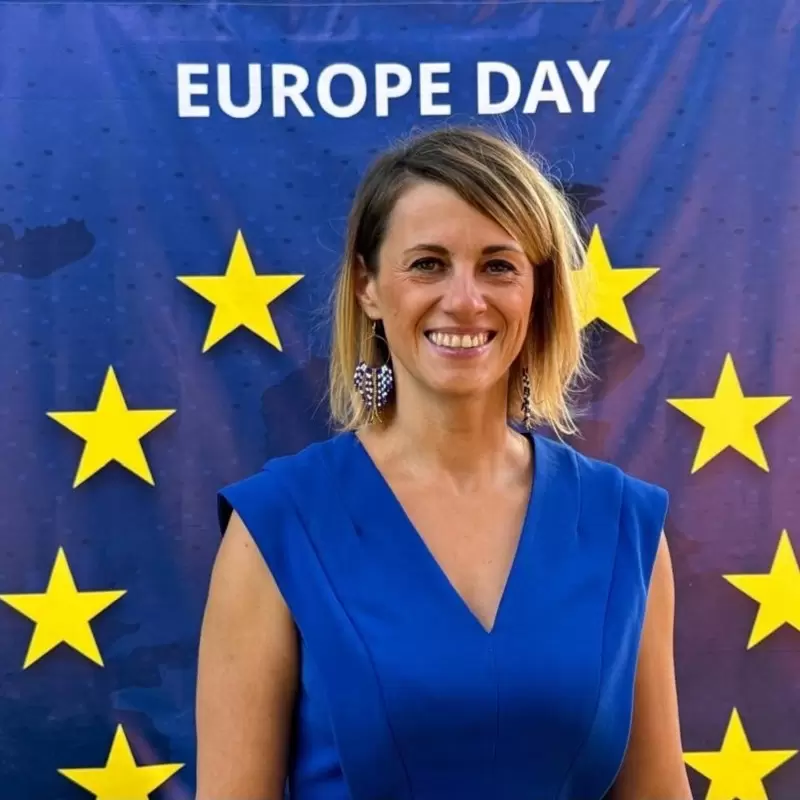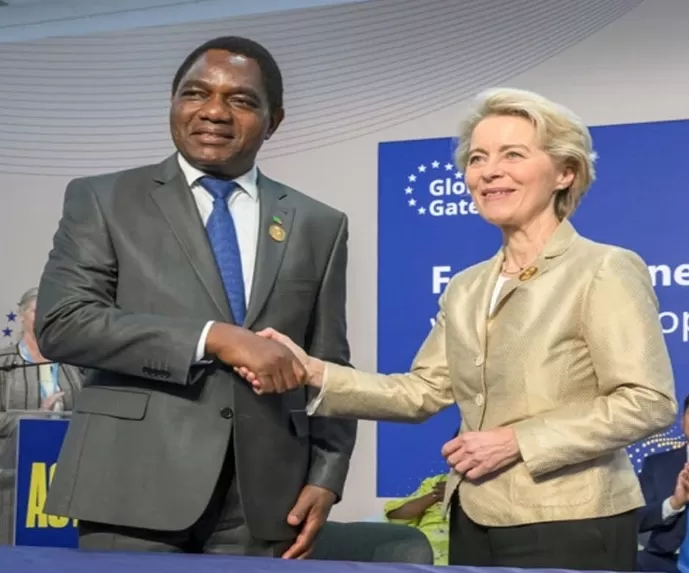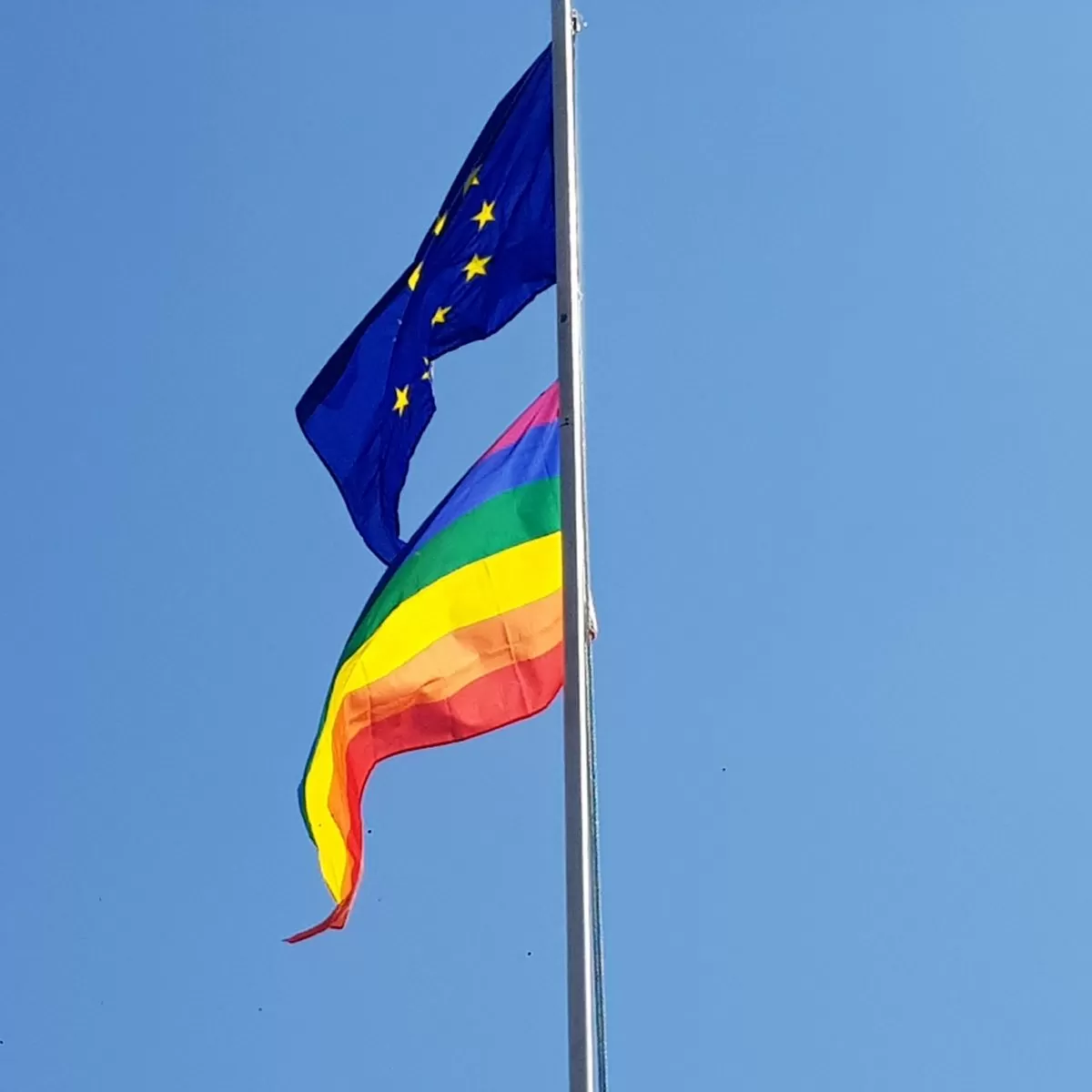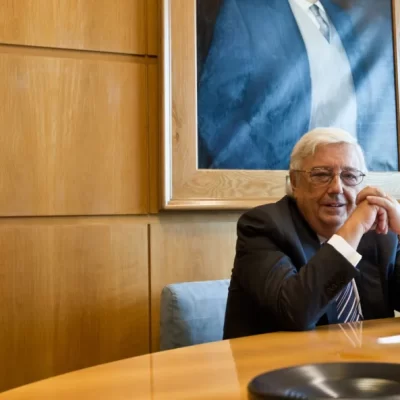By Kalata News
Lusaka, November – THE European Union (EU) with its member states in Zambia has allocated more than 60 per cent of its spending in Zambia towards activities and industries working in areas of agriculture, forestry, water and green energy.
The aim of this funding is to ensure there is increased participation of subsistence and small holder farmers in rural areas in environmentally friendly agriculture and agribusinesses. These funds will also target the involvement of communities living in game management areas in sustainable market-integrated diversified agro-food systems on top of looking after the forest and its water sources.

About K5.32 billion (191 million Euros) will by the end of 2024 have been spent on these green partnerships, as the EU calls them, to improve Zambia’s rural areas, reduce poverty and increase the private sector’s adoption of environmentally sound and climate resilience approach towards business.
Other support includes 65 million euros (22%) to the Zambian Government’s programmes on health, nutrition and education and 36 million euros (12%) towards promotion of human rights, democratic space and support to public sector to improve service delivery of public services.
According to the EU’s Multi- Annual Indicative Programme (MIP) for 2021-2027 for Zambia, further support to Zambia will be subject to how the country would have performed in the first 4 years (2021-2024) of the implementation of this MIP and what partnerships would have been developed between Zambian and European companies.
The EU and its member states have identified Zambia’s problems as one of a poor business environment with large number of companies and industry having challenges in starting a business, registering property and poor enforcement of business contracts. Other challenges noted include no significant regional and international trade of Zambian goods and poor access to clean and consistent electricity supply by the productive sectors such as mines, the manufacturing sector and agribusinesses.
Over reliance on copper mining at about 22 per cent to Zambia’s Gross Domestic Product (GDP) and copper exports at 70 per cent of all exports from Zambia, has made Zambia vulnerable to the activities and policies in the mining sector.

With more than half of Zambia’s population depending on agriculture, this sector’s contribution to meaningful employment and poverty reduction has remained relatively low due to the sector’s low productivity caused by lack of access to productive assets and market opportunities and reliance of unskilled subsistence agriculture.
Zambia’s employment sector is said to be largely composed of the informal sector with about 69 per cent of those employed operating in informal sector.
Zambia’s most poor people (77 per cent of them) are found in rural areas wasting away in the agricultural sector as either subsistence farmers or workers employed in agriculture.
The EU intervention, through the EU Zambia Business Chamber, therefore is around getting more traction among Zambia’s industries and business in engaging in partnerships around agriculture, forestry, water and access to clean energy. The EU hopes rural areas will see quality economic investments resulting in good jobs, and increased food security for the rural communities while companies will enjoy increased revenue resulting from increased trade between and among Zambia and EU companies.
It is yet to be seen how the drought being experienced during the 2023/24 agricultural season will throw off balance the EU-Zambia economic relations and what new partnership programmes will result between industries and companies in Zambia and those from the EU and its member states.
Karolina Stasiak, EU Ambassador to Zambia and COMESA (the Common Market for Eastern and Southern Africa) has a role to marshal EU funds and EU member state partnerships into key areas of Zambian economy hardly hit by the drought, that is, energy, agriculture, water harvesting and research into drought resistance farming research, if their role as Zambia’s all weather friend is to be appreciated.





